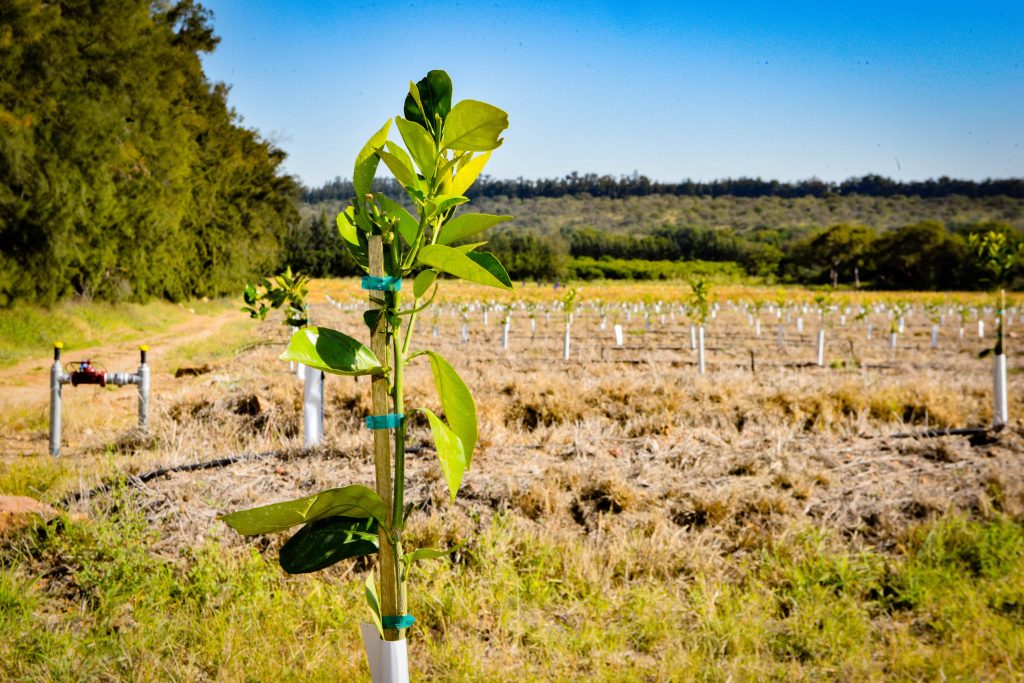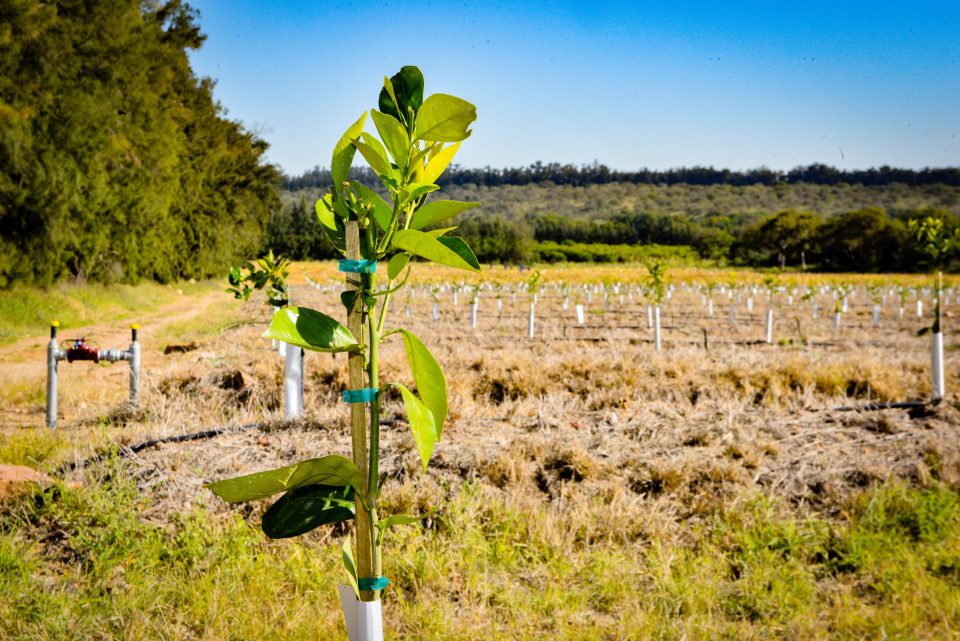
Land Reform – In the pursuit of sustainable land reform, capacity building and good governance practices for Communal Property Associations (CPAs) cannot be overstated. As communities continue to grapple with the complexities of land ownership and utilisation, training and empowering CPA members are key to promoting sustainable use of restored land as well as stability within such communities.
Land reform can play a significant role in addressing social inequality, fostering economic development, and ensuring the productive use of land. However, the success of land reform heavily relies on the capacity of beneficiaries to put their land to productive use. An added challenge is that the government also faces obstacles around its limited financial and institutional capacity to implement the interventions needed to support land reform beneficiaries.
According to the 2022/2023 Annual Report of the Department of Agriculture Land Reform and Rural Development (DALRRD), capacity and governance challenges within Communal Property Associations (CPAs) persist as a pressing concern in many parts of the country. The department acknowledges that while there are flourishing CPAs, the majority of CPAs are not compliant with the Communal Property Associations Act of 1998.
CPAs continue to grapple with several challenges, including non-compliance with their constitutions, a lack of operational policies, and procedures to guide the administration and day to day running of the affairs of the CPA, failure to hold essential annual general meetings and report back meetings to their members, and failure to prepare and produce annual financial statements, among others. Rectifying necessitates a concerted effort towards enhancing the governance capabilities of CPA executives. However, such efforts are impeded by challenges such as limited resources, logistical constraints, and varying levels of readiness among CPA members. Moreover, the diverse social and economic contexts in which CPAs function further complicate capacity-building efforts.
“Sustained support and tailored interventions are essential to effectively address the capacity challenges facing CPAs,” says Peter Setou, Chief Executive of the Vumelana Advisory Fund, a non-profit organisation that helps beneficiaries of the land reform programme to use restored land productively to create much-needed jobs, income and skills.
Setou shares that Vumelana has developed a CPA Support Programme designed to strengthen governance among land reform beneficiaries and within land-holding entities.
“Vumelana’s CPA Support programme recognises the pivotal role of well-governed institutions in land reform, in attracting investments, creating employment, enabling communities to generate an income and contribute to the broader social and economic contexts,” says Setou.
The programme provides comprehensive interventions designed to meet the unique needs of each beneficiary community.
Setou says, “We have seen that when governance structures are strengthened within land-holding entities, CPAs can effectively manage their assets and effectively advance the objectives of land reform.”
To guide the assessment and support for CPAs, Vumelana has also developed a Capacity Needs Assessment Tool. The Tool covers five main dimensions of governance and management to assist in identifying areas for improvement for land reform beneficiaries to enable the effectiveness and sustainability of land reform beneficiaries. These dimensions are governance, membership services, financial management, administration and social cohesion.
In the last decade, it has become evident that private investors are hesitant to partner with poorly governed CPAs. However, effective interventions aimed at improving governance and better management of CPAs increase chances for land reform beneficiaries to appeal to private investors who can partner with them to ensure productive use of land and in turn, job creation.
Through partnerships with private investors, communities can leverage their land holdings to foster economic development. These partnerships enable them to unlock the potential of their land, generate income, create employment opportunities, expose them to markets and facilitate skills development.
“Our commitment to capacity building is about ensuring that we enable communities to contribute to poverty alleviation, job creation, economic development and a sustainable land reform programme that recognises that land reform is a multi-stakeholder programme that should involve not only government and the beneficiaries of land reform, but private investors, and commercial farmers who have over the years accumulated institutional knowledge that can be used to also contribute to transformative change in land reform,” Setou concluded.
INFO SUPPLIED.


